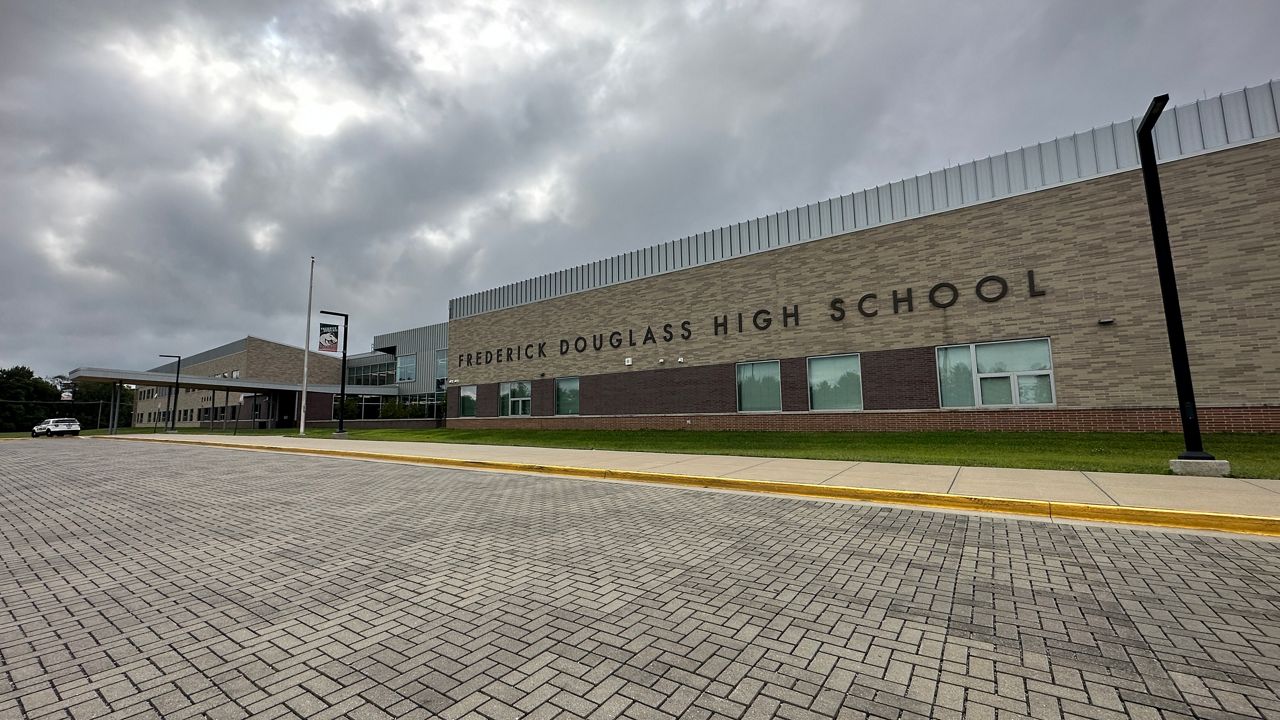LEXINGTON, Ky. — Doors are opening for Lexington high schoolers to engage in civil responsibilities and community problem-solving opportunities.
Fayette County Public Schools is partnering with Civic Lex to teach students how to interact with their communities responsibly via government outlets.
Frederick Douglass High School is just one of the six schools involved in the partnership. Frederick Douglass teacher, Tracy Bollinger, is a full-time government studies-related educator.
“Teaching government is one thing, but I know for a fact that you have to be active in the community,” Bollinger said.
Thanks to the partnership with Civic Lex, Bollinger and other FCPS teachers will be able to involve students in interactive experiences on how they can support their city.
Civic Lex’s Stephanie Mobley has a 29-year background with public education. Mobley is helping connect national programs such as “Generation Citizen” with the Kentucky school curriculum. She is also working on adjusting programs to fit the needs of students.
“We kind of brainstormed, 'What if we did a civic’s expo rather than kids thinking civics is just government?' There’s so much more to the civic’s fabric with nonprofits and other community organizations,” Mobley explained.

Through the program, students are exploring careers, finding out ways to become a Kentucky voter and learning about nonprofits that serve the city, such as The Recovery Café.
Teachers have reported that introducing students to these things actually sparked new conversations in their classrooms.
“When we were going over the schedule cards in class, one student was like, ‘Oh The Recovery Café, I bet they do spas,’ and I said 'That’s recovering addicts,' and the whole class was like, 'Huh? Really?'” Bollinger said.
Students will have the chance to follow real city issues and come up with a proposal to help over the next few months.
"We’re hoping to show them and empower the kids to make some changes by reaching out and contacting the people who make the changes within the community," Mobley said.



